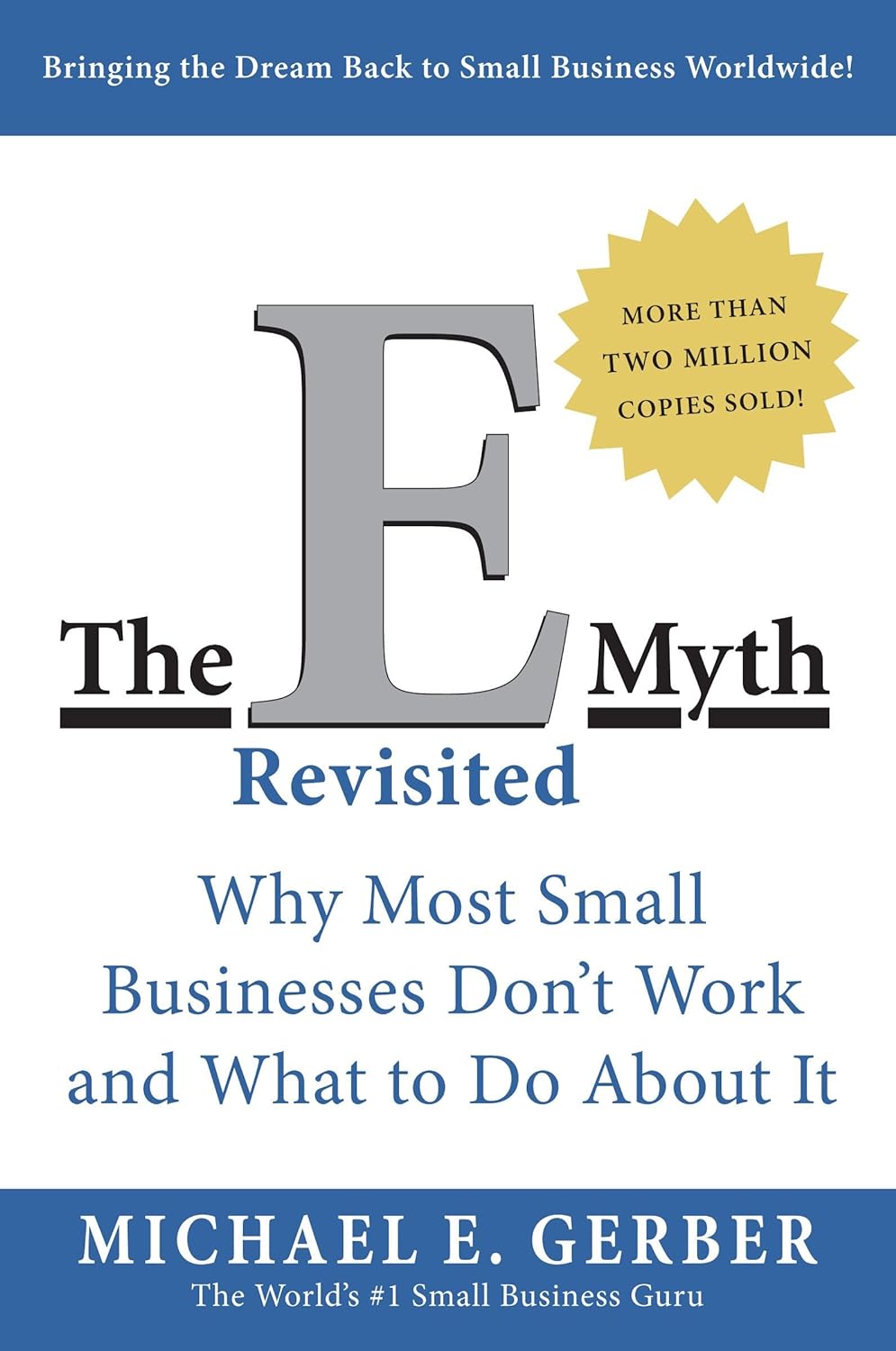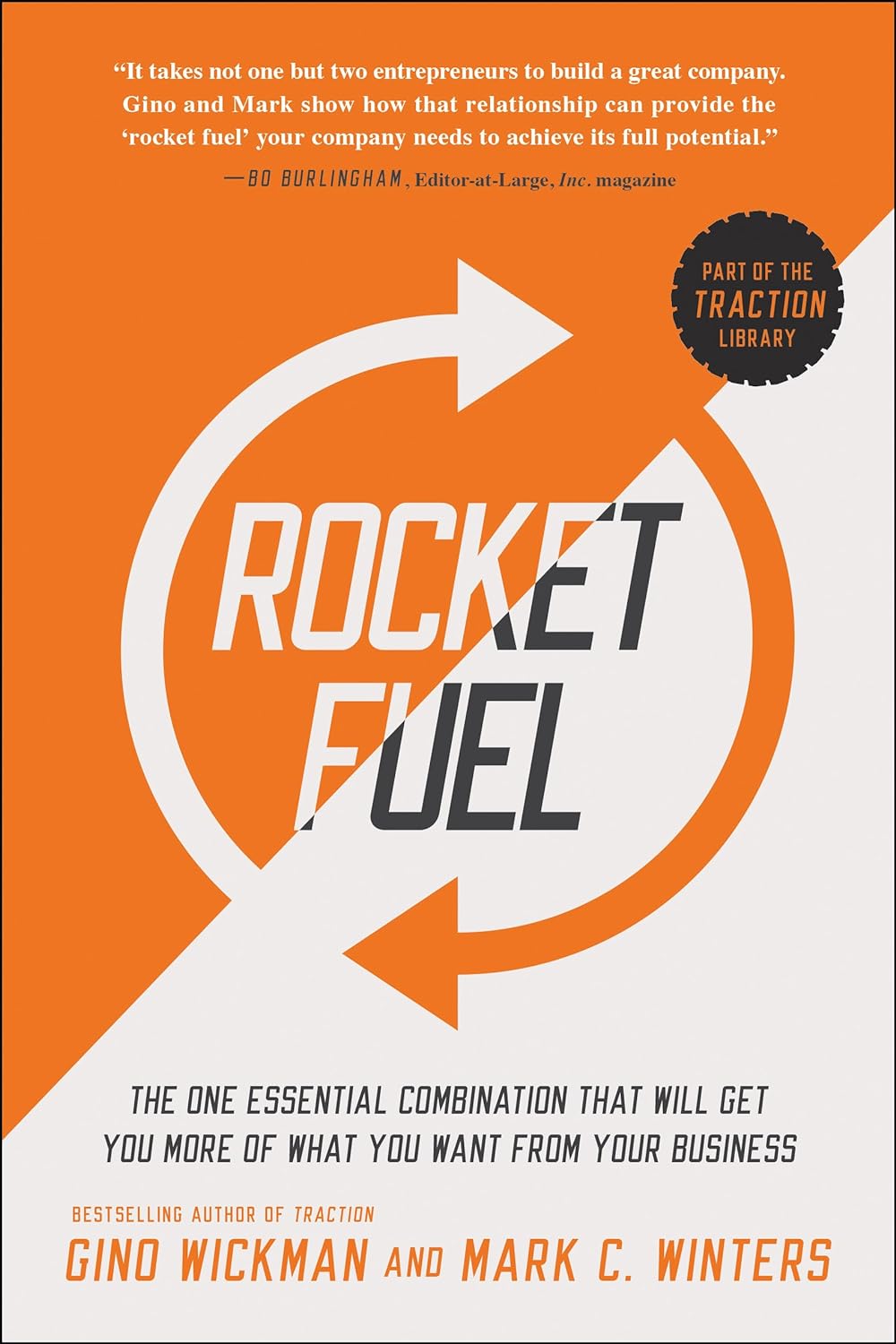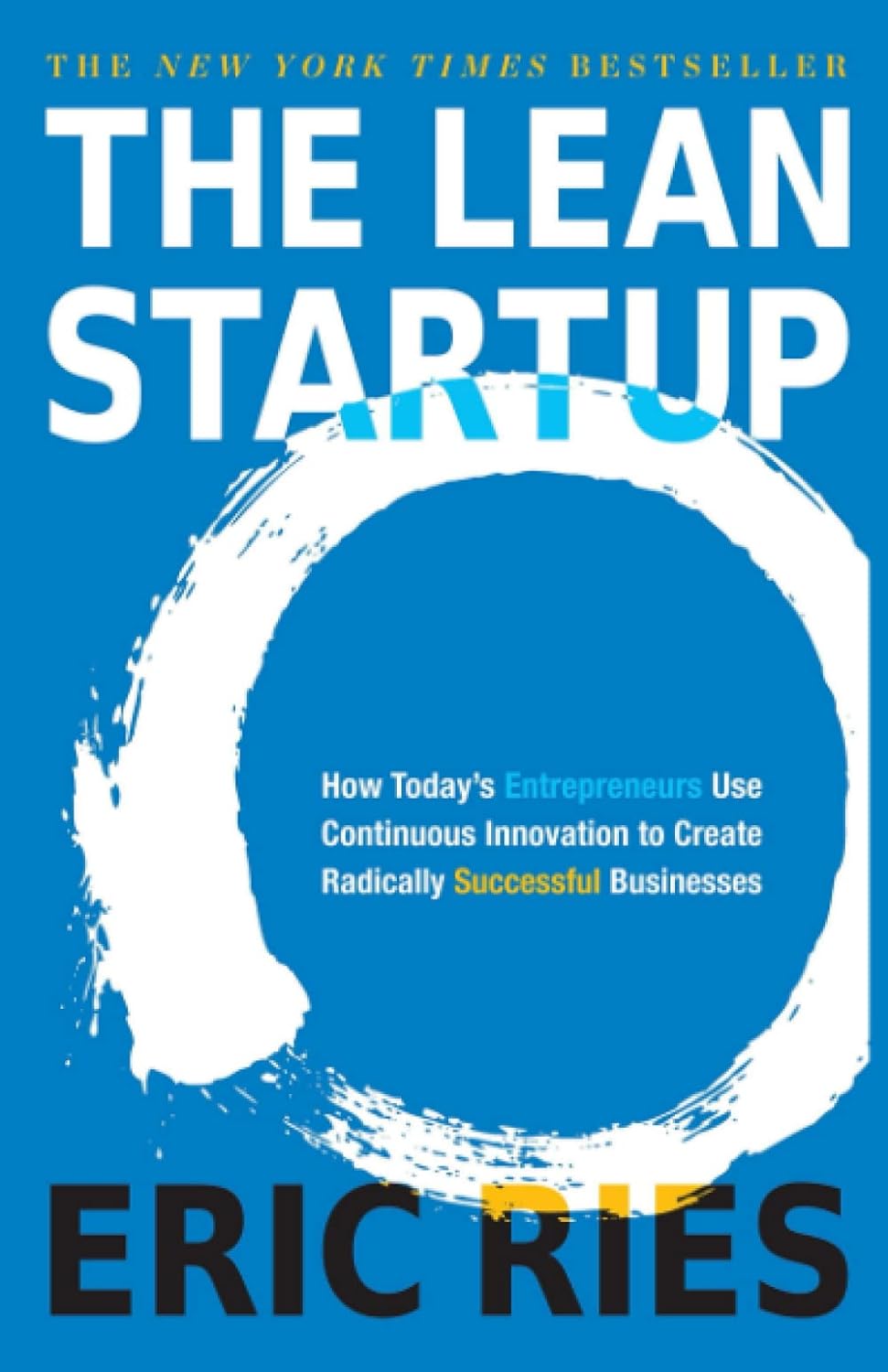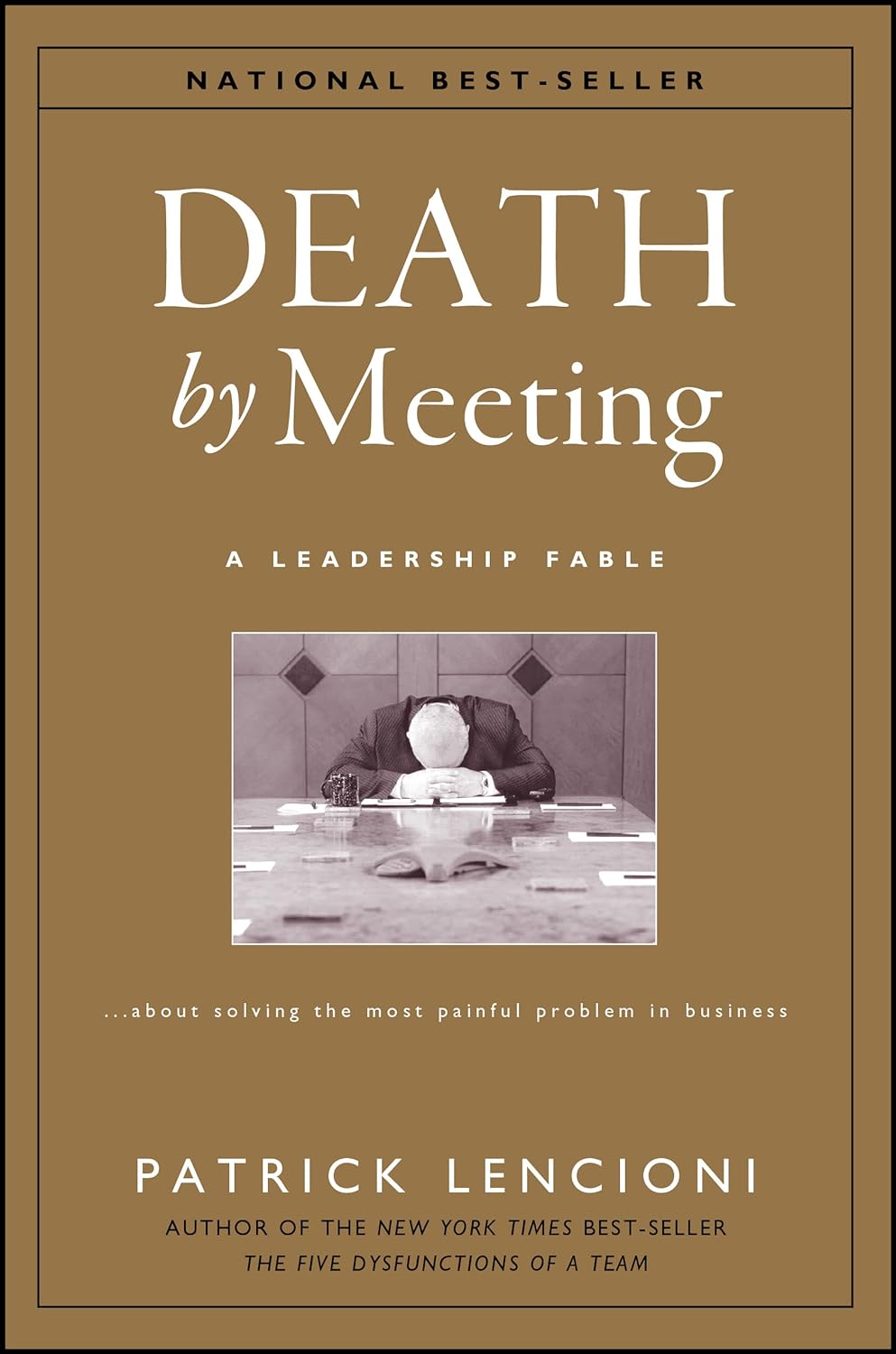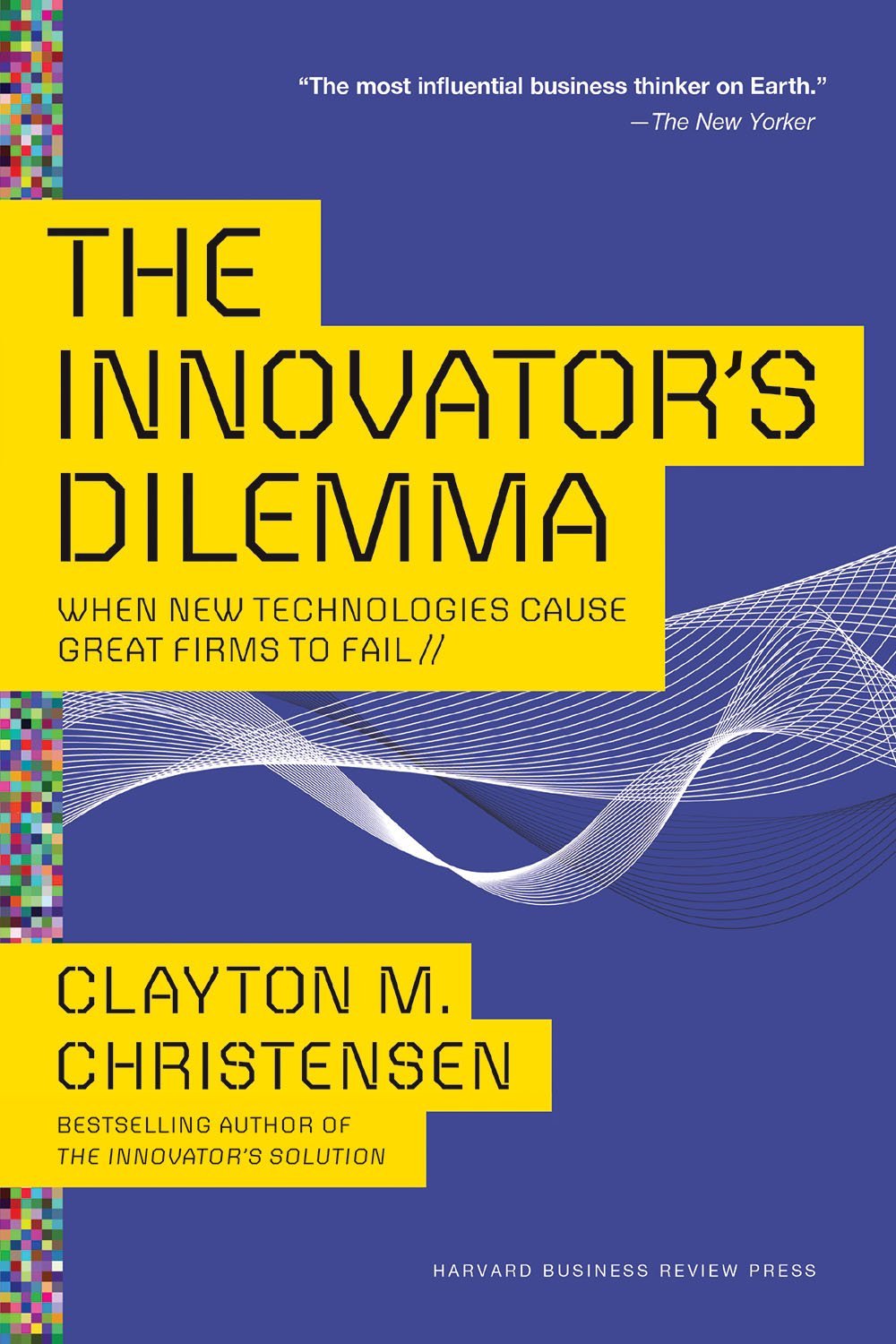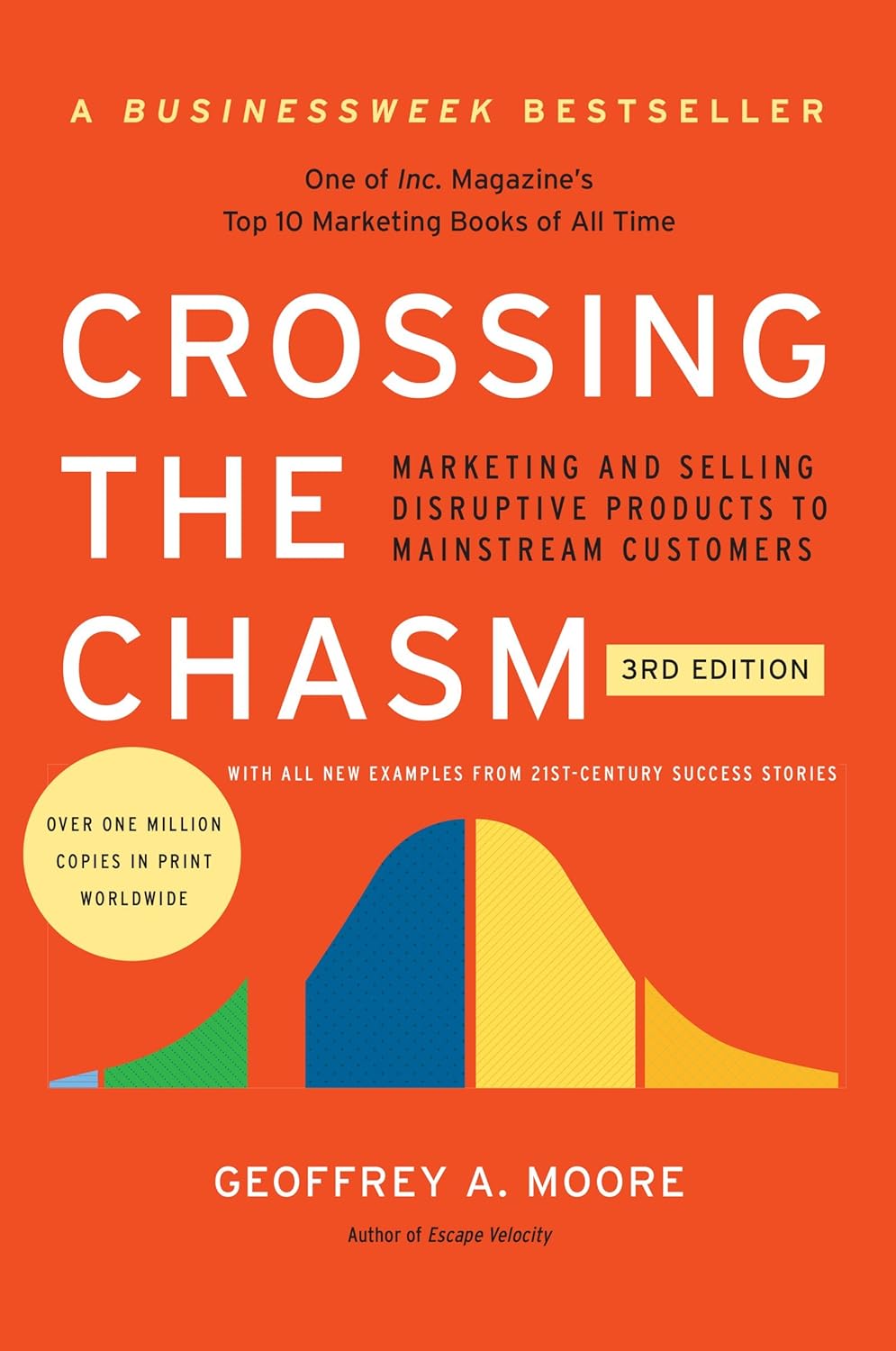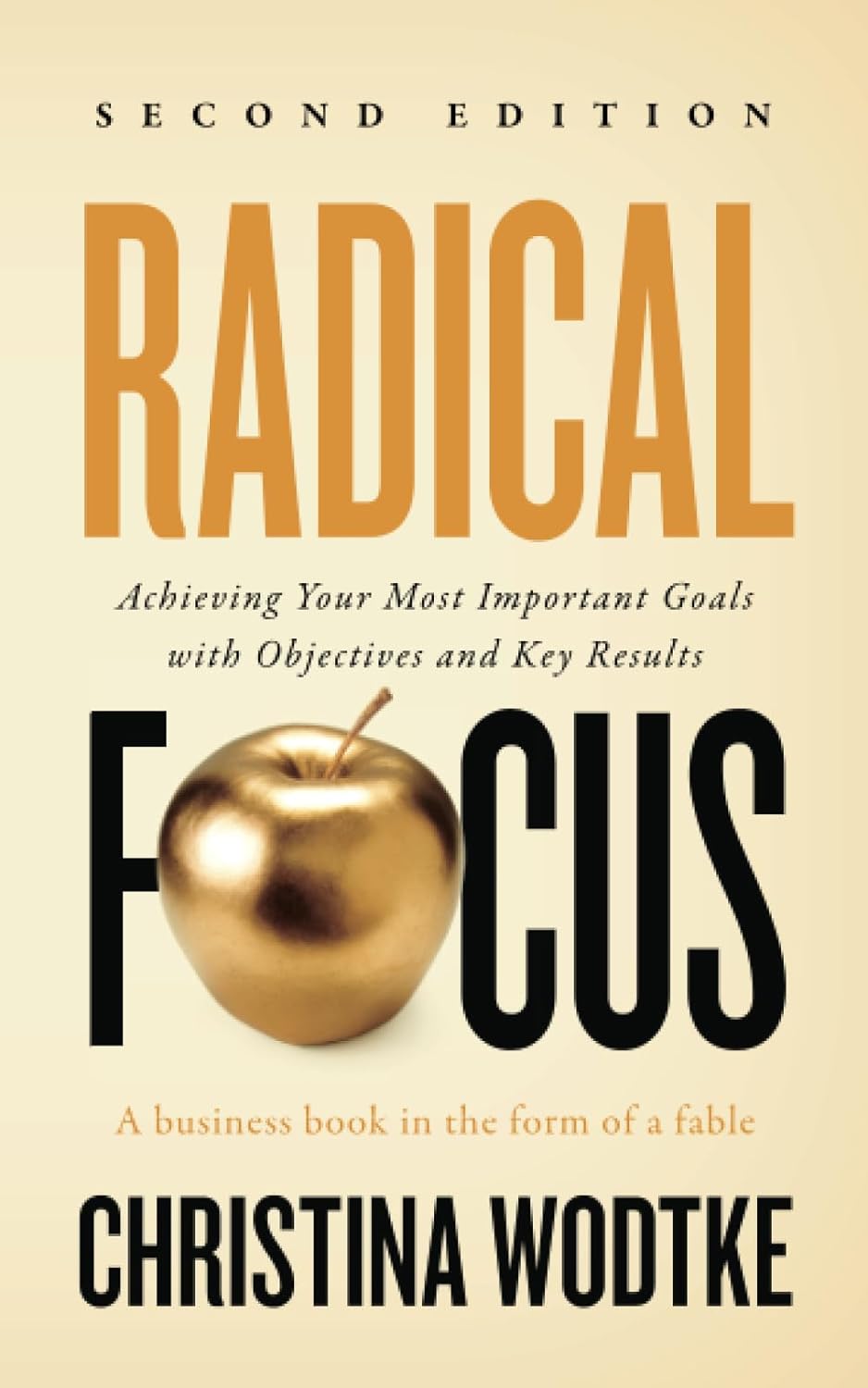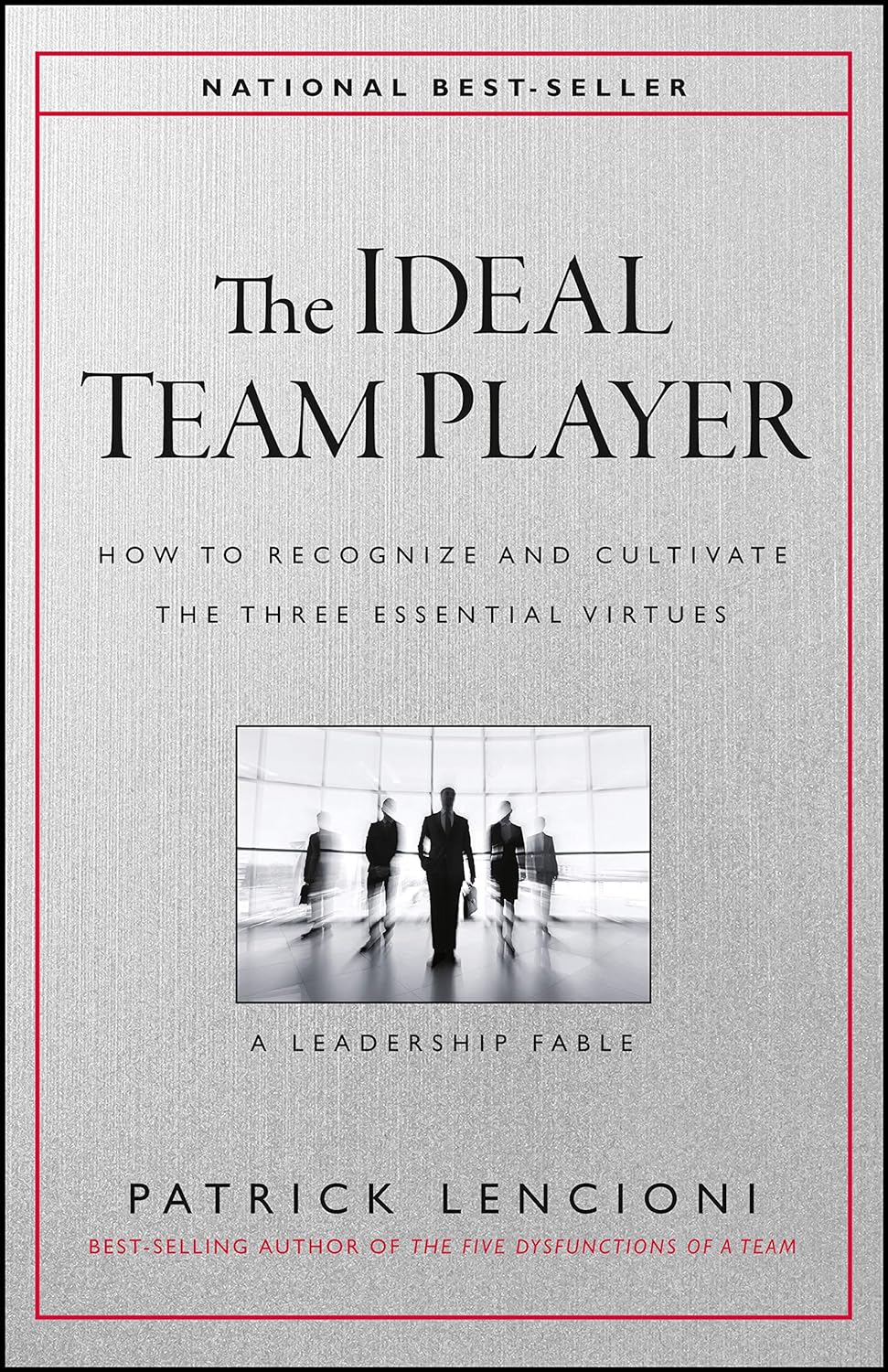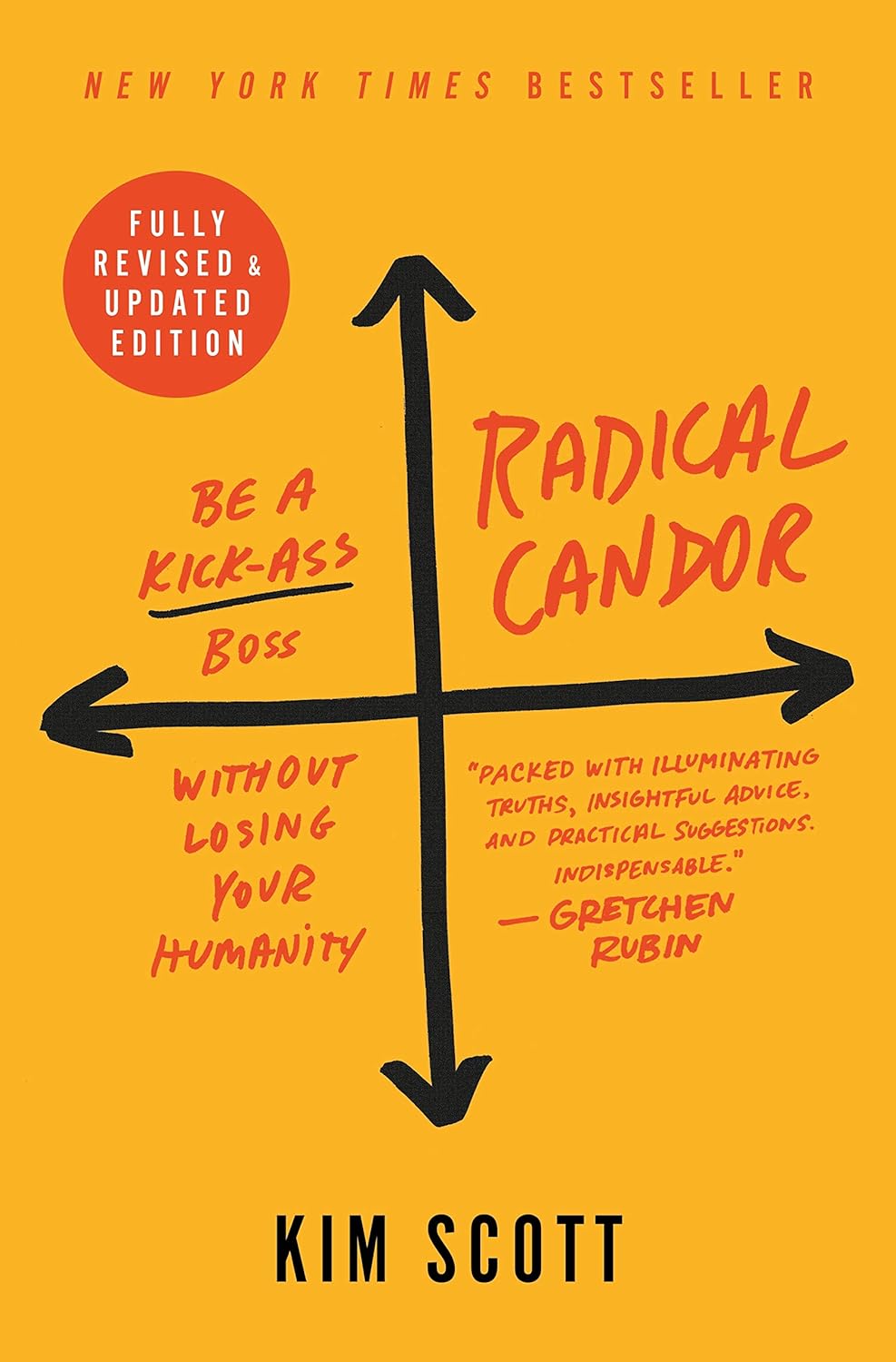When I started my company, I had no idea what I was doing.
I knew how to code and was connected to a group of people who had a problem they needed solved but I had no clue how to package that skill and observation into starting and operating a company.
And so I began to read.
I read everything I could get my hands on around business, entrepreneurship, and startup strategy. And as I read and implemented what I was learning, I steadily began to grow my leadership and strategy muscles, helping me become transition from programmer, to manager, to CEO with the chance to lead an incredible team. If you’re not reading regularly, let me strongly encourage you to start - it’s one of the greatest return-on-investment activities you can do.
Here are the ten books that were most helpful for me in this journey.
E Myth
The E Myth was one of the first books I read and helped shape my vision of how to develop a company. The author talks about how many founders don’t actually build a company - they build a job. And the job they build is often much more demanding and offers less flexibility than whatever previous role they had in someone else’s company. This happens because founders are always working in their business (doing the frontlines work) rather than working on their business (building systems, processes, and structures). The author provides a wonderfully practical guide for moving from a worker’s mindset to an owner’s mindset - a transition that’s crucial to understand when starting out on a new endeavor.
Rocket Fuel
Two types of people in the startup ecosystem are visionaries and integrators. Visionaries are those who can see the future (think Steve Jobs and Walt Disney). Integrators make it happen (think Steve Wozniak and Roy Disney - the ones who made those visionaries vision a reality). Knowing which one you are (or what mix of them is within you) can help you better bring in either co-founders or team members who can compensate for your weaknesses. Rocket Fuel defines and describes these terms as well as provides an assessment to help determine which you are.
The Lean Startup
A classic in the startup space, the Lean Startup helps founders build and get feedback as quickly as possible. It helps entrepreneurs find ways to decrease the time it takes to get feedback on their idea (the feedback loop) with the belief that earlier feedback allows founders to more accurately build products and services that best meet customer needs. This book offers a great look at why focusing on a minimum viable product (MVP) is so important.
Death by Meeting
I’m a big fan of Lencioni’s work and this book is no exception. As a founder who has a team, meetings are a necessary part of what you do - they get everyone on the same page and serve to establish your company’s culture. Meetings are also often dreaded by many employees due to feeling irrelevant or unengaging. In Death by Meeting, Lencioni describes how you can not only have meetings that are effective and efficient but how meetings should be one of the most engaging parts of your environment (and he provides practical tools for how to structure a meeting to achieve that goal).
The Innovator’s Dillema
For every founder that’s taking on a Goliath in their industry, this book should offer both hope and insight into how you can be successful. It explores how larger company’s struggle with innovation because it often means they need to take investment away from their primary money making operation and invest it into something more speculative of smaller scale. As a founder, an established company’s reluctance to invest in innovation is your golden opportunity to an innovative way at reaching the same goal. Whether it’s Airbnb disrupting the hotel industry, Uber the taxi industry, or Amazon the retail industry, the innovator’s dillema plays out again and again. Understand it so you can leverage it to your advantage.
Crossing the Chasm
Another classic in the startup space, Crossing the Chasm examines that how across the population, there are specific, definable buckets that people fall into as it relates to their willingness to try a new product. The book describes these buckets and provides extra focus on how to cross the “chasm” of early adopters (those willing to try your product because they like new things) to the majority of people who like to see some more signals of credibility before switching to something new. A must read as you think about scaling your endeavor beyond your early users.
Radical Focus
A goal setting framework is important even in the smallest of startups and I’m a big fan of the “Objectives & Key Results” (OKR) framework. This book in fable-style provides a walkthrough of how to use OKRs to keep yourself as well as your team on track. What I love about this methodology is that it can work for a solo founder as well as a team of thousands (Google popularized this framework). The books is also a quick read (and if you want to go even deeper, check out Measure What Matters: How Google, Bono, and the Gates Foundation Rock the World with OKRs)
Inspired
Marty Cagan, author of Inspired, is one of the top thinkers in the product development space. While most of us fall in love with some product idea and then bullishly charge forward chasing it, Marty helps define what customer discovery should actually look like. How do we take a more data-driven approach at developing products that people love? Marty looks at interviewing techniques and more. This book is ideal for anyone in the initial stages of building their product or, if further along, to help guide how product teams within companys can continue to create features and products that customers love.
Ideal Team Player
Another Lencioni book, the Ideal Team Player helps companies define what kind of person they want on their team and then hire for it. The values of your team members shape your company’s culture and there’s no greater way to shape this than being extraordinarily intentional in your hiring process. A strong culture is one of the greatest assets a company can have. A toxic culture can be a company’s greatest weakness. This is a must read for anyone who is starting to hire.
Radical Candor
This book is all about being a great boss and manager with a heavy focus on direct but loving feedback. Most of us find it difficult to give critical feedback yet it’s one of the most important things we can do as a leader to help our team grow. Kim Scott, the book’s author, examines how to do this well while simultaneously authentically and deeply caring for people. As your team begins to grow, this is a great book for you and your managers to read (and makes for a great manager-level book study).


